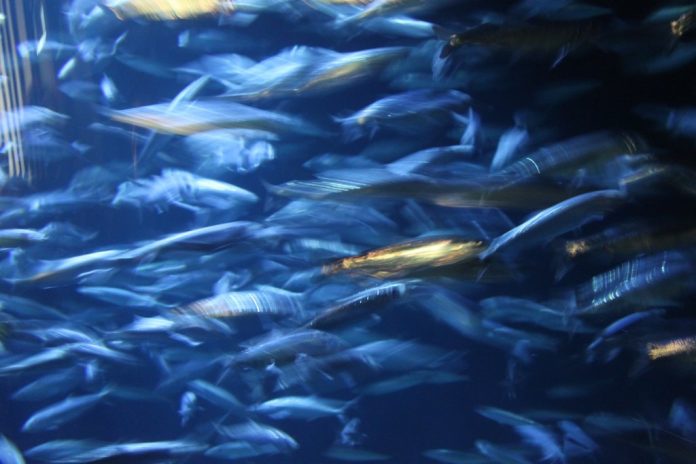As EU Fisheries Ministers gather today to set quotas for Baltic fish catches, the Our Fish campaign called for the European Commission and EU Baltic member state Denmark to reverse plans to continue fishing above sustainable levels and instead stick to the limits proposed by science.
The EU Agriculture and Fisheries Council (AGRIFISH) meeting in Luxembourg (October 14-15th) will set Total Allowable Catches (TACs) – fishing limits – for fish caught in the Baltic Sea for 2020 [1]. Under the reformed Common Fisheries Policy (CFP) – and thus by law, the EU must set TACs in line with scientific advice by 2015, or by 2020 at the latest [2].
“The EUs own 2020 deadline to ending overfishing is here. However, all indications are that this EU Council will give its blessing to continued overfishing in the impoverished Baltic Sea, based on flawed short term economic arguments,” said Rebecca Hubbard, Programme Director of Our Fish.
“Given that this behaviour has brought about a situation where a number of fish populations are collapsing, and with climate breakdown putting pressure on the ocean, it’s scandalous that some EU fisheries ministers are still entertaining the illusion that nature’s limits can be negotiated,” she added.
“Not only does EU law require ministers to end overfishing in the Baltic Sea during this AGRIFISH meeting, the EU’s stated commitment to a New Green Deal also demands that we take action to address the biodiversity and climate crises we are facing. In this context, ending overfishing is one of the fastest, simplest and most achievable solutions the EU can deliver,” Hubbard continued.
The EU Commission has already proposed a TAC for western Baltic herring above the scientific advice of zero, while Denmark will continue to push for fishing far above scientific advice for western Baltic herring, which is on the brink of commercial collapse.
Western Baltic herring and eastern Baltic cod are on the verge of collapse, following years of bad fisheries management decisions that have consistently put short-term industry interests ahead of long term security of fish populations and socio-economic benefits, and which Denmark has proposed continuing this year. The International Council for the Exploration of the Sea (ICES) has recommended zero catch for both populations.
“Ending overfishing in the Baltic and throughout EU waters would not only secure vital fish populations for the future, it would significantly improve ocean ecosystem health, making it stronger and more resilient to the climate crisis,” continued Hubbard.
“Putting an end to overfishing and protecting marine areas are essential climate actions that will protect habitats and biodiversity, replenish fish populations and marine food webs, improve the cycling and sequestering of carbon, and build ocean resilience to withstand dangerous climate change. It’s time for EU fisheries ministers to join other political leaders who are beginning to respond to the demands of our children for a safe, healthy planet, instead of listening to the pleading of business players who refuse to grasp the new realities we are facing.”
At the EU AGRIFISH Council meeting in Brussels, December 16-17th, ministers will agree quotas for fish populations Northeast Atlantic waters.

